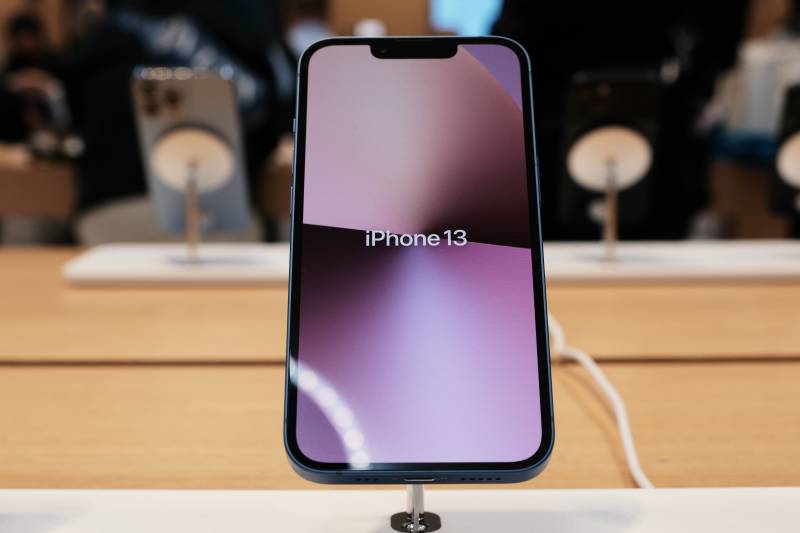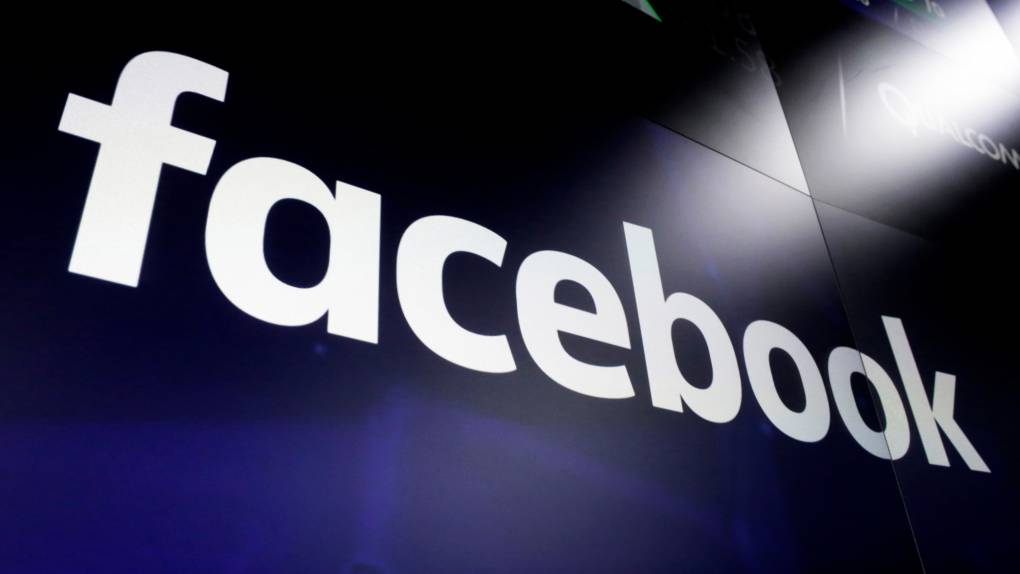Back in April, privacy advocates hailed Apple’s decision to let customers opt out of apps tracking you. But Apple is still tracking its own customers and serving them up to advertisers.
One ad that Apple released in May explaining the policy shift shows a guy named Felix followed around by an army of people who know too much about him.
They walk too close, sit too close, and peer over his shoulder as he uses his iPhone, until he finally clicks on a dialog box that says, “Ask App Not to Track.”
Apple CEO Tim Cook insists privacy is top of mind for the company. Earlier this year, speaking at a privacy and data protection conference in Belgium, he said, “As I’ve said before, if we accept as normal and unavoidable that everything can be aggregated and sold, then we lose so much more than data. We lose the freedom to be human.”
When questioned at the company’s latest earnings call this fall, Cook reiterated that consumer control over privacy was the company’s motivation. “There’s no other motivation,” he said.
But at the same time, Apple has cleared a path for itself to grow its advertising business. By one estimate, from the mobile analytics software company Branch, Apple tripled its market share in the months after it introduced the privacy changes to iPhones. Those changes obstructed rivals, like Facebook and Google.
“That tripling may be a little bit of an overestimate, but they’ve grown their market share for mobile advertising as a direct result of this policy,” said Eric Seufert, an independent analyst covering mobile advertising, especially for gaming companies. He also runs a blog called Mobile Dev Memo.
“Apple collects that data about you and it uses that data to sort of populate the ad placements there, which is like recommended apps — apps that it thinks you would like to download,” Seufert said.
Apple’s rival ad platforms, like Google, Facebook, and TikTok, were well aware of the hit they would take to their bottom line as a result of Apple’s policy change. They complained before and after. Facebook even took out full-page ads in newspapers to advertise its displeasure.



